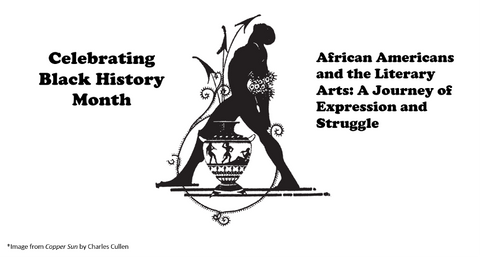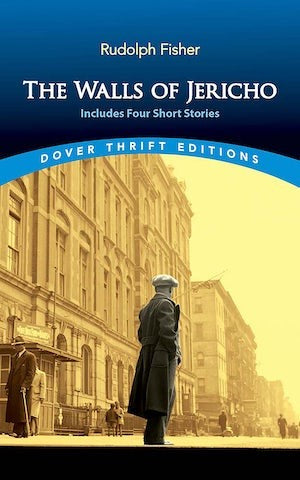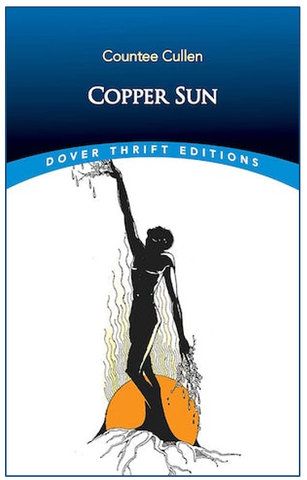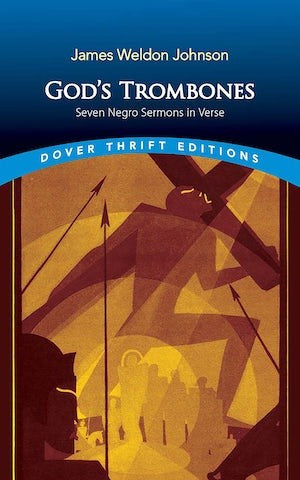African Americans and the Literary Arts: A Journey of Expression and Struggle

The vibrancy and depth of Black history are vividly reflected in the artistic legacies it has produced. The African American journey is characterized by both unspeakable struggle and unyielding creativity, and the arts have served as a powerful tool for self-expression, activism, and the preservation of a rich cultural heritage. The Harlem Renaissance was a quintessential example of how art could be a potent force for change, a beacon of hope, and a platform for the unheard.
Embark on a journey through Dover's Black History Month titles and explore the words of some of these literary luminaries from the Harlem Renaissance.
The Voices That Changed a Nation
The Harlem Renaissance was a cultural eruption that gave birth to many black literary luminaries. Rudolph Fisher published his first novel in 1928, The Walls of Jericho, a satire of Jazz-Age Harlem, highlighting the racial and class divides of the day. Fisher was a true Renaissance man—a doctor, orator, music arranger, and writer. He graduated from Brown University with a dual biology and English major and from Howard University Medical School. He moved to New York in 1926 and became part of the Harlem Renaissance; Langston Hughes called him “the wittiest of these New Negroes of Harlem.”
Countee Cullen was a poet, playwright, and novelist. A graduate of both Harvard University and New York University, Cullen's informal education was shaped by Black culture and ideas. In contrast, his formal education was dominated by white culture, a dichotomy that profoundly impacted his writing. Copper Sun is his second poetry collection, accompanied by seventeen beautiful Art Deco illustrations from the original publication. The collection of over fifty poems spotlights Cullen's experiences as a Black, Christian, bisexual man in the 1920s and 30s.
One of the most prominent African-Americans of his time, James Weldon Johnson, was a successful lawyer, educator, social reformer, songwriter, and critic. Johnson coauthored the hymn “Lift Every Voice and Sing,” known as the Black national anthem. God's Trombones, one of Johnson’s most celebrated works, transforms seven uplifting spiritual sermons of African American preachers into poetry. Johnson equates the Black oral tradition and its characteristic cadence with the sweeping tonal ranges of the trombone.
Works by essayists, novelists, and poets such as Jessie Redmon Fauset, Marcus Garvey, Langston Hughes, Zora Neal Hurston, Nella Larsen, Alain LeRoy Locke, Claude McKay, Wallace Thurman, W. E. B. Du Bois and many others evoked the spirit of a people who, despite their oppression, were determined to rise. Their words continue to echo through time, challenging societal norms and celebrating the complex beauty of the Black experience. For books written by these authors and others, visit Dover's new website at www.doverpublications.com.




